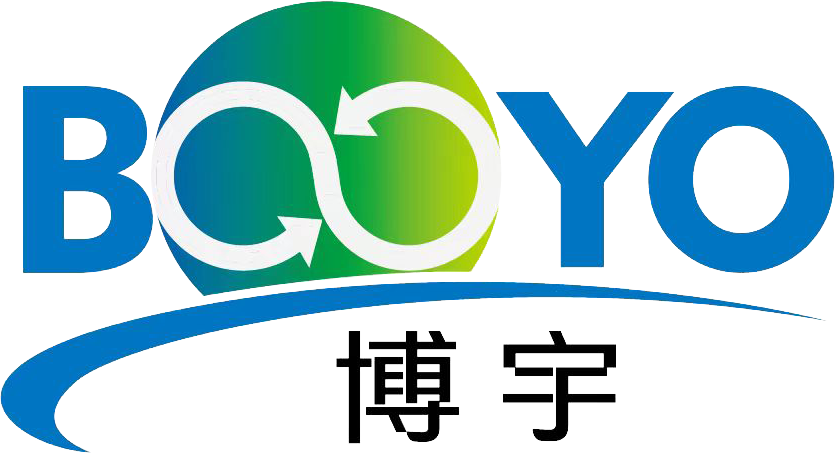
Our News
Find out about our latest news here.
Latest News
- ▶ Primary Gas Cooler A Tower Successfully Erected
- ▶ Engineered for the First Cooling — Primary Gas Cooler A Tower Installation at JISCO
- ▶ Stainless Steel Coil Heat Exchanger
- ▶ Oil Boiler Heat Exchanger: Design, Working Principle, and Industrial Applications
- ▶ Oil Boiler Heat Exchanger: Working Principle, Types, and Applications
- ▶ Expansion Joint Shell-and-Tube Heat Exchanger
Message
Corporate Integrity, Fair Competition, and Zero-Tolerance Governance
1. Introduction
Bribery and corruption pose significant legal, financial, and reputational risks to modern enterprises. As global regulatory scrutiny intensifies—driven by laws such as the U.S. Foreign Corrupt Practices Act (FCPA), the UK Bribery Act, China’s Criminal Law, and anti-unfair competition regulations—companies must establish strong control mechanisms to ensure transparency and ethical conduct in all business activities.
This Anti-Bribery and Corruption (ABC) policy outlines the commitments, responsibilities, and operational standards that guide our employees, managers, contractors, suppliers, and other business partners in preventing all forms of bribery and corruption.
2. Policy Statement
Our company adopts a zero-tolerance approach to bribery and corruption.
No employee or associated person shall, directly or indirectly:
Offer, promise, give, request, or accept bribes, kickbacks, rebates, facilitation payments, or improper benefits.
Influence business decisions through unlawful means.
Provide benefits to public officials, clients, suppliers, or third parties to obtain or retain business advantages.
Conceal, misreport, or falsify financial records to hide improper transactions.
Compliance with this policy is mandatory for all employees, subsidiaries, contractors, consultants, agents, and any third-party working on behalf of the company.
3. Scope of Application
This policy applies to:
All employees at all levels (management, administrative, technical, operational staff)
Subsidiaries, branches, joint-venture operations
Contractors, consultants, distributors, intermediaries, brokers
Suppliers, outsourcing partners, and any other third parties representing the company
The responsibilities extend to all business activities, including procurement, sales, marketing, bidding, contract negotiation, project execution, government communication, and overseas operations.
4. Prohibited Conduct
4.1 Bribery
Giving or receiving anything of value—including cash, gifts, entertainment, travel, services, discounts, or favors—to improperly influence business outcomes.
4.2 Kickbacks and Illegal Commissions
Any arrangement where a portion of payment is secretly returned as compensation for awarding a contract or business advantage.
4.3 Facilitation Payments
Small, unofficial payments made to speed up routine government procedures.
These are strictly prohibited.
4.4 Improper Benefits to Public Officials
Special caution is required in dealings with:
Government officials
State-owned enterprise employees
Regulators
Public administration personnel
Providing any benefit to influence official actions is strictly forbidden.
4.5 Conflicts of Interest
Situations where personal interests may influence—or appear to influence—company decisions must be avoided and promptly disclosed.
4.6 Fraudulent or Misleading Records
Altering invoices
Fabricating documents
Concealing transactions
All forms of false reporting are prohibited.
5. Acceptable Business Courtesy (Strictly Limited)
Under regulated conditions and with prior approval, the following may be acceptable:
Low-value, reasonable business meals
Token promotional items with company logo
Transparent and legitimate business hospitality
Any courtesy must be:
Reasonable in value
Transparent and documented
Not intended to influence decisions
Approved through internal procedures
6. Third-Party Due Diligence
Before engaging agents, contractors, consultants, or suppliers, the company will conduct risk-based due diligence, including:
Verification of legal identity and reputation
Review of ownership structures and sanctions lists
Assessment of corruption risks in relevant jurisdictions
Signing of anti-corruption compliance undertakings
Ongoing monitoring during cooperation
High-risk third parties require enhanced due diligence and approval by legal/compliance departments.
7. Books, Records, and Internal Controls
The company maintains accurate and complete records to prevent concealment of improper payments.
Requirements include:
Clear documentation of all business transactions
Strict separation of duties in financial processes
Mandatory retention of contracts, invoices, receipts, and approval documents
Regular internal audits and compliance checks
Any financial irregularity must be reported immediately.
8. Reporting Mechanism and Whistleblower Protection
Employees and third parties are encouraged to report suspected bribery or corruption via:
Internal reporting channels
Compliance department contact points
Anonymous whistleblower systems (if applicable)
The company protects whistleblowers from retaliation and ensures confidentiality to the maximum extent permitted by law.
9. Disciplinary Actions
Violations of the ABC policy will result in strict consequences, which may include:
Disciplinary actions
Termination of employment or cooperation
Contract cancellation
Civil compensation
Criminal reporting to authorities
The company will pursue all legal remedies to protect corporate interests.
10. Training and Awareness
Regular training programs will be provided to:
Employees
Managers
Agents and contractors
Overseas affiliates
Topics include compliance obligations, global anti-corruption laws, identification of bribery risks, and case analysis.
Employees must complete mandatory ABC training annually.
11. Commitment to Ethical Business
The company is dedicated to building a culture of integrity, emphasizing:
Fair competition
Transparency
Respect for laws and regulations
Long-term trust with clients, suppliers, and partners
Every employee shares the responsibility to uphold these principles.
12. Conclusion
Preventing bribery and corruption safeguards the company’s operations, reputation, and global competitiveness. By adhering to the ABC policy, we ensure sustainable development, maintain compliance with international laws, and foster a high-integrity corporate environment.
PROFESSIONAL CONSULTATION
If you are interested in our products and want to know more details, please leave a message here, we will reply you as soon as we can.